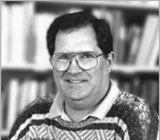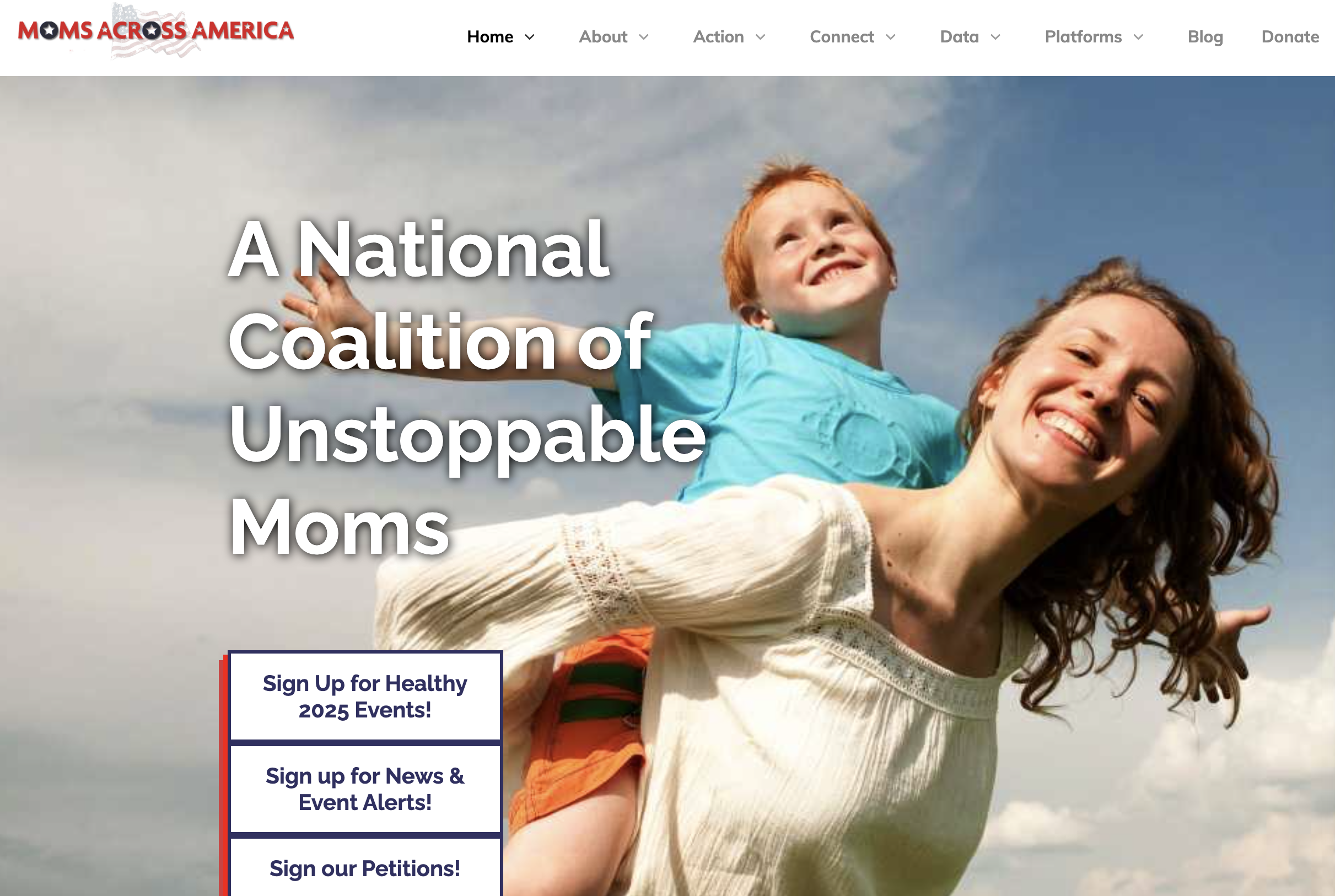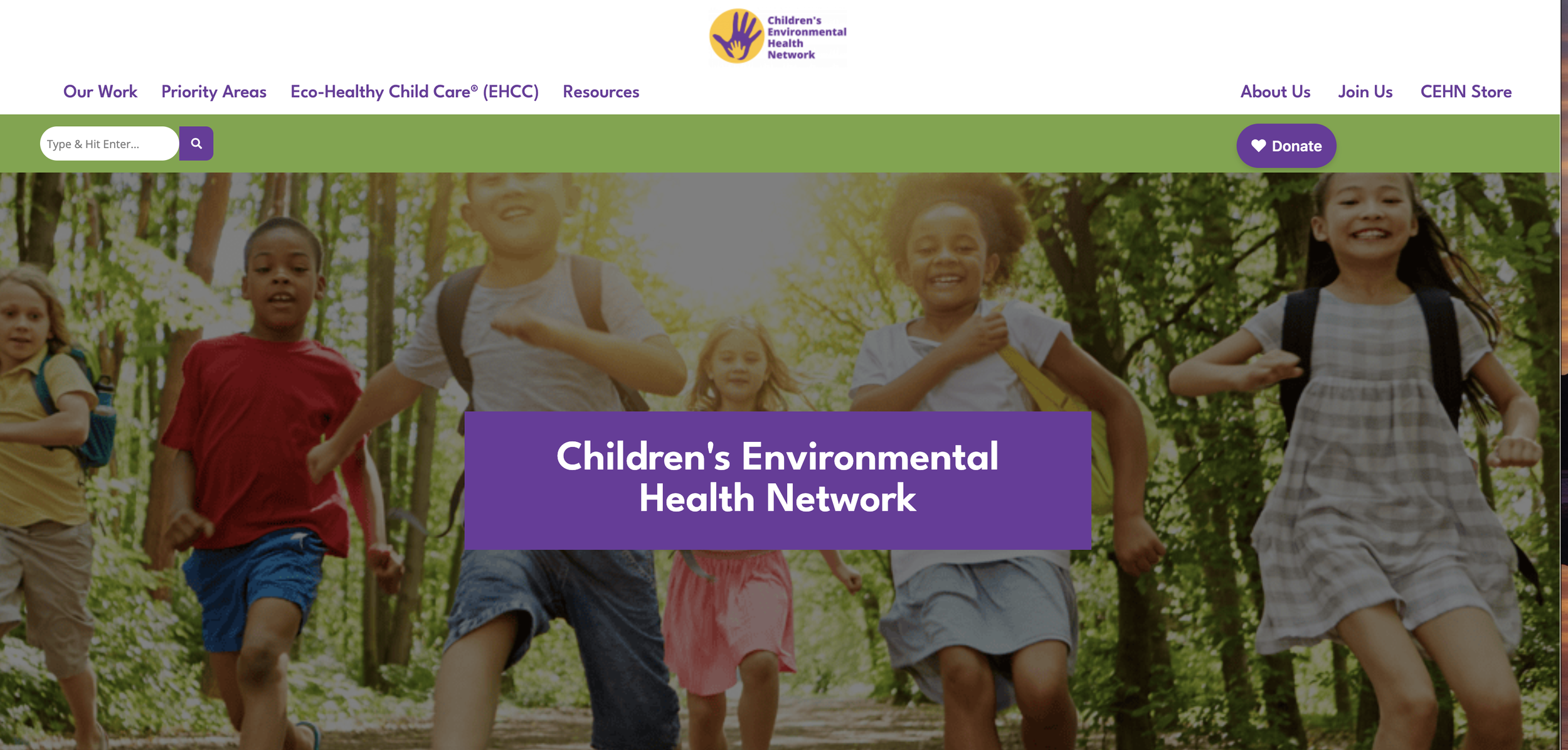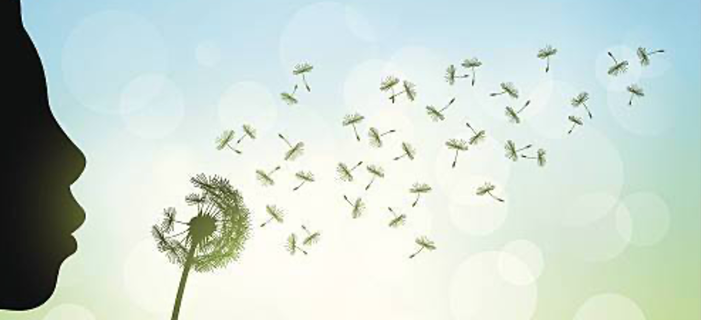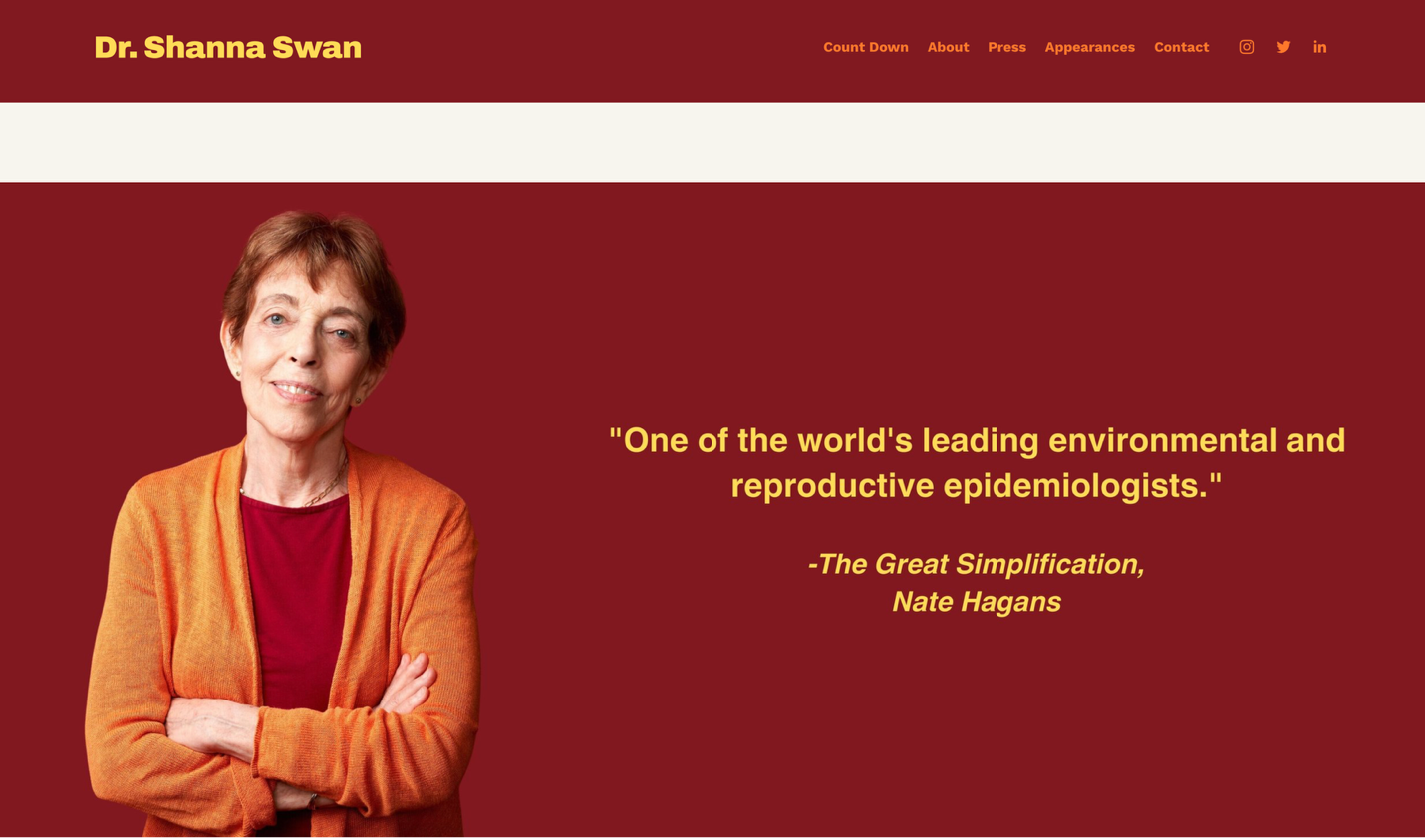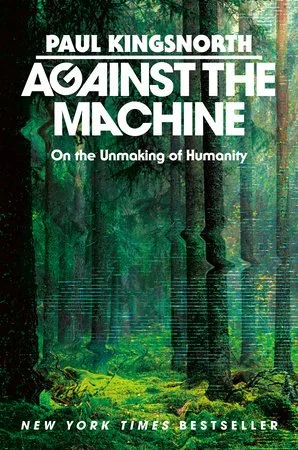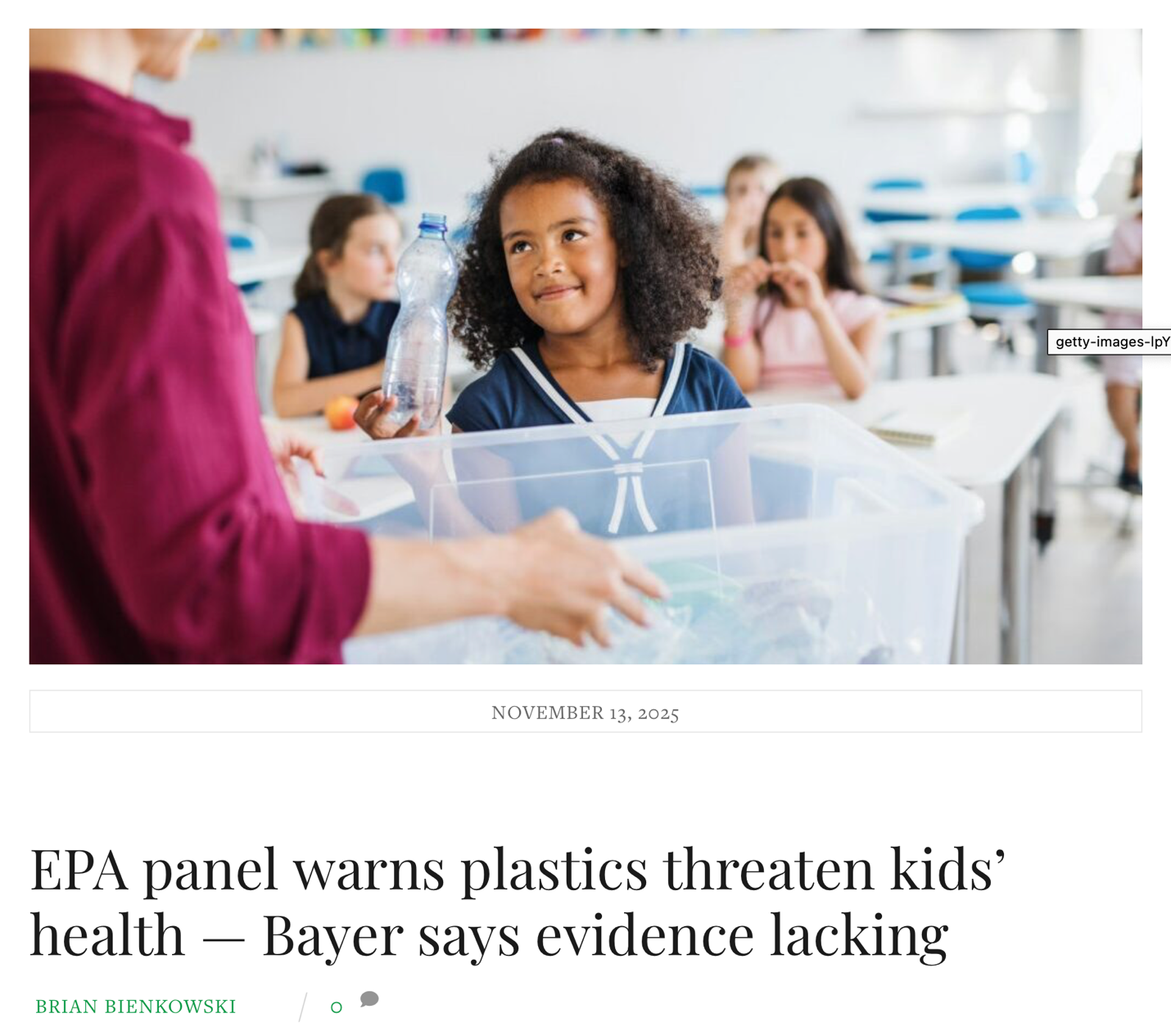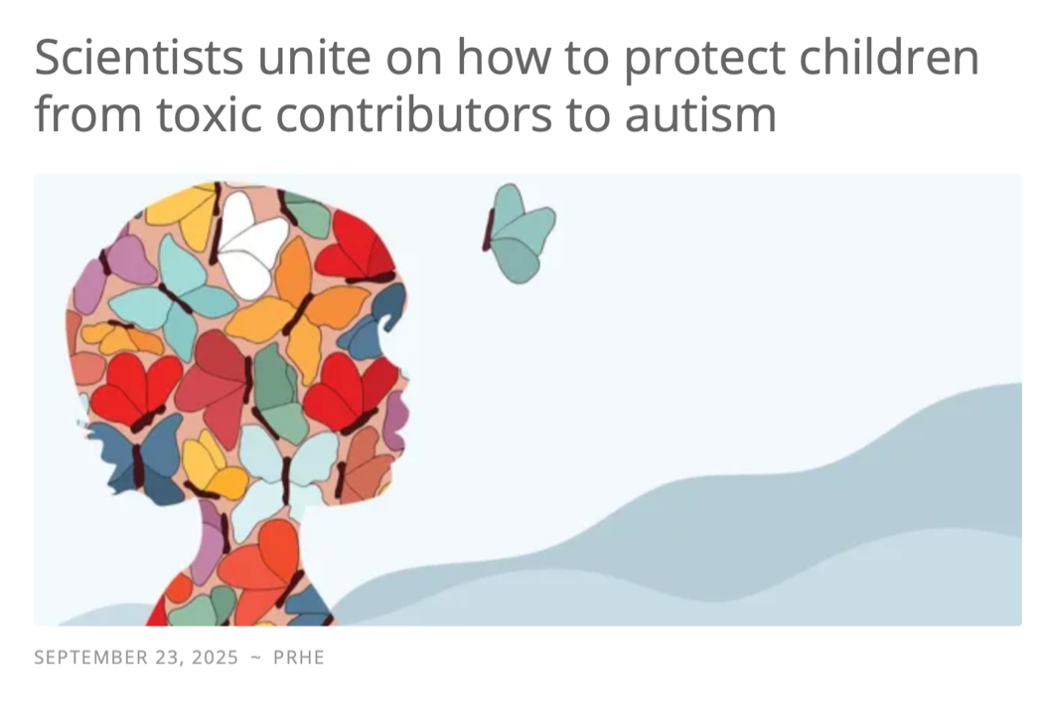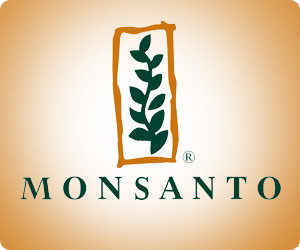 Just yesterday, CBS This Morning featured the CEO of Monsanto, Hugh Grant (not the actor). Some people call Monsanto "the evil empire": apparently, the company is facing a tribunal with the Hague for "ecocide" -- or crimes against the environment and human health. In just a short time, Charlie Rose, Kristine Johnson, and Gayle King asked some really smart and hard-hitting questions about Monsanto’s all-out war against labeling laws in Oregon, Colorado, and elsewhere. You can watch the video here: http://www.cbs.com/shows/cbs_this_morning/video/d_MARHpoclhpNRPzGFOy_RR_8euHRYZW/monsanto-ceo-on-debate-over-gmo-and-food-labeling/
Just yesterday, CBS This Morning featured the CEO of Monsanto, Hugh Grant (not the actor). Some people call Monsanto "the evil empire": apparently, the company is facing a tribunal with the Hague for "ecocide" -- or crimes against the environment and human health. In just a short time, Charlie Rose, Kristine Johnson, and Gayle King asked some really smart and hard-hitting questions about Monsanto’s all-out war against labeling laws in Oregon, Colorado, and elsewhere. You can watch the video here: http://www.cbs.com/shows/cbs_this_morning/video/d_MARHpoclhpNRPzGFOy_RR_8euHRYZW/monsanto-ceo-on-debate-over-gmo-and-food-labeling/
Mark Ruffalo, who by coincidence was following Grant on the show, had much to say on his own blog: http://ecowatch.com/2015/12/04/mark-ruffalo-monsanto/ Don’t miss the embedded clip – Why Are We Being Fed by a Poison Expert? All true to my knowledge, and perfectly done. I really appreciate how Ruffalo doesn’t usually approach people in this way, but that “being so well behaved all the time doesn’t seem to be helping people. It made me really uncomfortable to do it. But that’s how we change. We must become uncomfortable. We must act out of our comfort zones for things to change. We must call out the people who are doing horrible things when they do them.” He then tells Grant to his face how horrible he is. That’s where I am. Being polite, being the good girl, has limits. If “the evil empire” is going to continue producing products that kill my children and yours, I intend at least to make my voice heard. Remember: all that is required for the triumph of evil is that good people do nothing.
If you are ready to do something, please visit Consumer Union’s website to make your views known to legislators in time to stop Monsanto’s NEXT sneaky move.
Right now, Monsanto is working with legislators to get a provision prohibiting GMO labeling on “must-pass” Congressional funding bills. Be sure to customize your response to this perversion of our democracy. Here’s what I added:
We want labeling of GMOs so we can make the choice ourselves. The jury may still be out on GMO foods, but we don't want to be the guinea pigs and find out! That has been the pattern with all kinds of hazardous chemicals and processes over the last 60-100 years. Industry exposes the public, and then it takes 30-40 years of people getting sick and dying to prove with epidemiological data that the substance is hazardous beyond a reasonable doubt. The burden of proof is on the public, and the level of proof required is absurdly high. This has been the case with everything from lead to radiation to tobacco to pesticides.
And by the way, the jury is in on Monsanto’s Round-Up, or glyphosate, the requisite herbicide used with Round-Up ready corn, soy beans, canola and more; the IARC recently ruled it a Probable Human Carcinogen. I don't want to be a guinea pig. I have already lost one beloved child to unwitting pesticide exposure via mosquito spraying, and I am unwilling to lose any others. How can the profits of the chemical companies so easily trump the lives of children? It cannot be worth even the one precious life of my brilliant and beautiful eight-year-old daughter.
Please move fast – I just received another piece of breaking news from Food Democracy Now! that the USDA has approved another variety of Monsanto GMO corn and given preliminary approval to another GMO potato by J.R. Simplot. Monsanto has all the time and money in the world, and make no mistake: they are winning
If you’re still reading, here is the edited transcript of the interview with the Monsanto CEO, annotated with my personal comments.
CBS News Transcripts
December 2, 2015 Wednesday
SHOW: CBS THIS MORNING 7:00 AM EST
Monsanto is one of the world`s largest producers of genetically- modified seeds.
BYLINE: CHARLIE ROSE
HIGHLIGHT: The Company is committed to innovation in agriculture, but critics say it should be more transparent.
GAYLE KING: Welcome back to CBS THIS MORNING. Ahead in the next half hour, the heated debate over genetically-modified food. The CEO of Monsanto is here in Studio 57 today. His name is Hugh Grant. He talks about the future of our food supply and why his company is against labeling GMO products.
CHARLIE ROSE: Also, Mark Ruffalo plays a crusading reporter in Spotlight. The new movie shows how a newspaper uncovered Boston`s Catholic Church abuse scandal. The actor and his real-life role model will join us in Studio 57. That`s ahead.
KRISTINE JOHNSON: An FDA ruling approving the sale of genetically modified salmon has recharged the debate over the future of our food. Critics call the modified salmon Franken fish but GMOs or Genetically Modified Organisms have been part of our diet for years. Most of them are corn, soy, and other crops with added DNA from other organisms to increase their resistance to disease. The Grocery Manufacturers Association says up to eighty percent of processed food sold in the U.S. is genetically modified, and most of it is not labeled.
CHARLIE ROSE: Monsanto is one of the world`s largest producers of genetically-modified seeds. The company is committed to innovation in agriculture, but critics say it should be more transparent. Monsanto`s CEO Hugh Grant is with us at the table. We`re pleased to have you and good morning.
HUGH GRANT (Monsanto CEO): Good morning. Thanks for having me.
CHARLIE ROSE: You know the concern about this and obviously you have to speak to it. Polls show people, citizens across the country are concerned. And for those who see that concern or express that concern, how do you prove them otherwise and what is it exactly that you believe?
HUGH GRANT: Well, we are -- as you know, we are an agricultural company and we sell seeds to farmers to make harvest and those harvest end up on plates around the world.
JMK: Monsanto is primarily a pesticide company, pesticides linked to all kinds of health effects. They have cornered the market on seeds as a way to keep farmers from saving seeds, forcing them to use their herbicides, Round-Up (or glyphosate) in particular.
Genetically Modified Organisms have been around for twenty -- actually next year is the twentieth anniversary -- so billions of acres, trillions of portions of food, and probably the most studied food products in the history of -- of food productions. So I feel confident about the safety but, as you say, because of this, you know, the continued concern, we probably should do a better job and-- and dialogue and then -- and—
JMK: The assumption here is that if GMOs have been around for 20 years, what could go wrong? Please reference this entire blog for more information on soaring rates of cancer, autism, ADHD, lower IQs, auto-immune disease, obesity, and diabetes. If the assumption is that health effects would have shown up by now – well then, they have. Correlation is not causation, but causation has been well demonstrated for many pesticides, including those produced by Monsanto.
CHARLIE ROSE: You mean more transparency, more conversation, more what?
HUGH GRANT: Well, I think -- I think more -- more conversation. I think a part of the challenge is, there is such -- there is such misinformation on where food comes from.
JMK: Conversation is not information or transparency. Monsanto will be glad to keep talking, more nonsense blather like this interview that distracts from the real issues of freedom of information and human health.
CHARLIE ROSE: What is the misinformation?
HUGH GRANT: People between what arrives on a plate and what farmers do today, we`re -- so far, two percent of the country feeds ninety-eight percent. So I think for companies like mine, we -- we have got our work cut out in explaining what agriculture is and where food comes from.
JMK: The assumption is that if people found out what agribusiness is doing, they would approve. The opposite is true. I would say that people not understanding where their food comes from is precisely why Monsanto is getting away with this, and they very badly want to continue obfuscating what is actually in their food. Hence, the multi-million dollar opposition to labeling.
CHARLIE ROSE: Are you in favor of mandatory labeling?
HUGH GRANT: I`m in favor of some federal standards, so I`m -- I think a broad umbrella in labeling that is based on science, and based on facts.
JMK: This is a particularly vicious industry strategy. First, this question implies that the support for labeling is NOT based on facts and science, which is far from the truth. Here, Hugh Grant is trying to say that Monsanto executives are the ones who are supporting the scientific process rather than trying to corrupt it. Second, this is an established strategy among science deniers, no matter whether denying the science showing harms of tobacco, climate change, or pesticides. See Naomi Oreskes and Erik Conway, Merchants of Doubt. The industry knows that the public level of scientific literacy is fairly low and that using all the strategies of deception, corrupt insider science, and double-talk, they can create just enough doubt to carry on with the status quo.
And I welcome –- my -- my concern, Charlie, is that a lot of the labeling debate so far has been state by state, so independence, that different labels in different states and that results in confusion instead of transparency. And it results in more expense. So if there was an overall standard, kind of like the organic. If you look today at the organic food standard, some from -- moreover, I would be -- I`d be in -- I`d be in favor of.
GAYLE KING: But to -- but to Charlie`s point about transparency, sorry to interrupt you, but I`m concerned about time. Your company spent over four million dollars to defeat a GMO labeling ballot initiative in Colorado and over six million dollars in Oregon. So if you`re for transparency, why spend so much money to make sure that it doesn`t happen?
JMK: EXCELLENT question.
HUGH GRANT: Because a deep concern that we end up with a patchwork quilt of state by state regulations where you -- you end up in a place where you can`t move a can of soup from one state to the other. I mean you talk to the food manufacturer -- we have a seed company.
JMK: This is ridiculously false to say we cannot move soup state to state. What would happen is that the labels would be there regardless of the state. Many cans of paint say “Known to cause cancer in the State of California.” That’s important information for those of us who live here in Illinois too, but it’s not information the paint manufacturers really wanted us to have. That’s why the print is so fine. And indeed, California did just put glyphosate on its State Registry; see previous blog.
GAYLE KING: Mm-Hm.
HUGH GRANT: But when you talk to the food manufacturers, the concern is how do you move food between states? So if you fast forward -- we have been at this for twenty years -- if you think forward, you think about food security and the challenges of climate change, these are tools that we`re going to have to have in our back pocket. And I`m concerned that if you build a patchwork state-by-state legislation we`re -- we`re never going to -- we`re never going to move forward and the consumer ends up paying four to five hundred dollars more a year in their grocery bills because you -- you get state-by-state regulation. So I like the idea something that covers the country.
JMK: I would like to see the calculation for higher grocery bills in the amount of $400-$500. This is a cheap shot appealing to consumer fears of rising costs. It would not be because the food was more expensive. My Dad is a small-time farmer, and he always says that the amount of money the farmer makes from the corn in a box of corn flakes is minuscule. Most of the money goes to the food industry. So where is the cost coming in? What assumptions underlie that number?
CHARLIE ROSE: Isn`t it in your interest to get at front of this?
KRISTINE JOHNSON: Yeah.
HUGH GRANT: Yeah. That`s why I`m talking to you here today.
KRISTINE JOHNSON: I`m kidding.
GAYLE KING: Yeah. But you`ve got chain restaurants like McDonald`s and Chipotle that are saying listen we`re not going to use genetically modified items anymore. Are you having dialog with them? What do they know?
JMK: Bravo to Chipotle and McDonald’s! I’m eating only Chipotle’s out of all the fast food restaurants.
HUGH GRANT: I think-- I think the change for us, real briefly, the change of us in the last couple of years is I would always have said we are a seed company. The -- the restaurants are so far away, they`re so far down the chain from us.
JMK: See above – about Monsanto being a seed company. They sell pesticides that poison our children. It is a problem that restaurants are far down the supply chain from the people growing food. We should all cook more, buy more from farmers’ markets, ask questions, eat whole foods, grow our own, and patronize farm-to-table restaurants. There is a lot the everyday person can do to fight this terrible delegation of our food production to the pesticide manufacturers. It is only a few generations past –- I remember stories about my father’s grandparents –- when most people raised their own food, and they cared about the quality of food they set on the table for their own families and for their neighbors. Much of that has indeed been lost with the distance between farm and table. Now people who, I would say, could not care less about quality and safety are in charge of the entire system. And they are squeezing out the small-time farmers as quickly as possible. Watch Food, Inc. Do a Google search on Monsanto and the suicides of Indian farmers, or see the article in the UK’s Daily Mail.
I think more and more, this is all interconnected, so we`ve been spending more time talking to the food companies, more time talking to consumers because I think when you -- when you think about two and a half billion new citizens arrive in our planet in the next thirty, forty years, we`re going to need every tool in the box to satisfy us.
JMK: This kind of appeal to overpopulation and food shortages was also employed by the Nazis to cultivate fear, which helped coerce everyday Germans into violating every moral tenet most of us hold dear. If you want to get people to look the other way, threaten food shortages. In fact, some studies have shown that organic agriculture can produce more per acre during droughts and generally is more resilient under the tough conditions we may face with climate change. This sounds like the topic for another blog.
KRISTINE JOHNSON: I`m curious, though, I mean I know that your company deals primarily with seeds. Will you try the genetically-modified salmon when it`s out on the market?
HUGH GRANT: Absolutely. Yeah, absolutely.
KRISTINE JOHNSON: You have no problem with that?
HUGH GRANT: No. I look forward to-- to trying the salmon. It`s not one of our products but, as I said earlier, we`re going to-- we`re going to need all of these elements for our kids and our grandkids.
KRISTINE JOHNSON: Quick--
CHARLIE ROSE: Go ahead.
KRISTINE JOHNSON: --quickly, we want to talk about Roundup. It`s been approved in America by the EPA, something that-- that your company manufactures.
JMK: It’s important to note that the EPA registers pesticides, and this does not convey the kind of protections that “approval” implies. In fact, the EPA is quite blunt about the inherent toxicity of pesticides and is allowed in its considerations of registration to balance human health harms against economic imperatives. I would argue that the EPA gives the illusion that we are protected, when in actuality, we are not. In the history of the Toxic Substance Control Act (TCSA), only six substances have been banned, and the ban on asbestos was overturned in court.
But many studies have looked it where it`s funded or conducted by your company that this chemical may actually, could cause cancer, a chemical that is in this feed. Is there any sort of response to that? I mean, are we in fact poisoning our crops by using this Roundup chemical?
JMK: Round-up (glyphosate) has just been declared by the IARC as a probable human carcinogen (see earlier blog).
HUGH GRANT: Not at all. Farmers depend and this is an important tool for growers in the fight against weeds.
JMK: OK – how does the farmers’ dependence on Round-Up imply an answer to the question of whether or not the substance causes cancer? This is an absolute logical non-sequitur, which we are not expected to notice in the quick pace of a television interview.
So, every spring, when they plant a crop, the weeds are there. They are there every spring.
JMK: Round-Up is not just applied in the spring. Monsanto urges farmers to use it just before harvest in order to help dry out crops like wheat and barley. This “off-label” use is even more likely to cause health problems because the herbicide has no time to break down in the sun and weather. Rather, it is shipped off full-strength as part of our food supply. There have been many blog posts elsewhere about this, with a lot of debate from the pesticide supporters about how common this practice actually is. Well, just look at this glossy flyer that Monsanto itself sends out to farmers, advocating that they use Round-Up for just this application, on a whole range of crops. http://roundup.ca/_uploads/documents/MON-Preharvest%20Staging%20Guide.pdf This will be the subject of my next blog. It’s shocking to see a company advising farmers to us a toxic chemical just prior to harvest in this way.
So they need all the help they can get to combat those weeds. I feel-- I feel very good that the safety of the product has been studied extensively for more than forty years. And if you think to the -- if you think to the future, and how we -- there is two challenges. How do we feed the hungry world? How do we feed nine and a half billion people? Number one. And number two, simultaneously, how do we fight climate change? And we`re going to need all of these tools and all these products to help combat--
CHARLIE ROSE: How green you have promised to go carbon neutral in crop production?
HUGH GRANT: We made an announcement yesterday that we will be carbon neutral in six short years. So for our entire footprint, we will be in a position where we -- what we emit will be covered by what we -- what we consume.
GAYLE KING: Yeah. No one realistically expecting you to say you didn`t think your product was safe but you can understand or can you understand why people are concerned?
HUGH GRANT: Yeah. I-- I think that the key for me, for Monsanto and I think for agriculture in general, we need to do a better job explaining where our food comes from.
HUGH GRANT: All right.
KRISTINE JOHNSON: Hugh Grant, thank you.
GAYLE KING: Thank you very much.
HUGH GRANT: Thanks for the invitation.
KRISTINE JOHNSON: Still to come, the movie Spotlight focuses new attention on the Catholic Church abuse scandal. Co-star Mark Ruffalo is here along with the Boston Globe reporter who helped break the story. See how Hollywood handles such a sensitive topic.
But first, here`s a check of your local weather.
LOAD-DATE: December 3, 2015
LANGUAGE: ENGLISH
TRANSCRIPT: 120212cb.410
DOCUMENT-TYPE: Show
PUBLICATION-TYPE: Transcript
Copyright 2015 CBS Worldwide Inc.
All Rights Reserved

